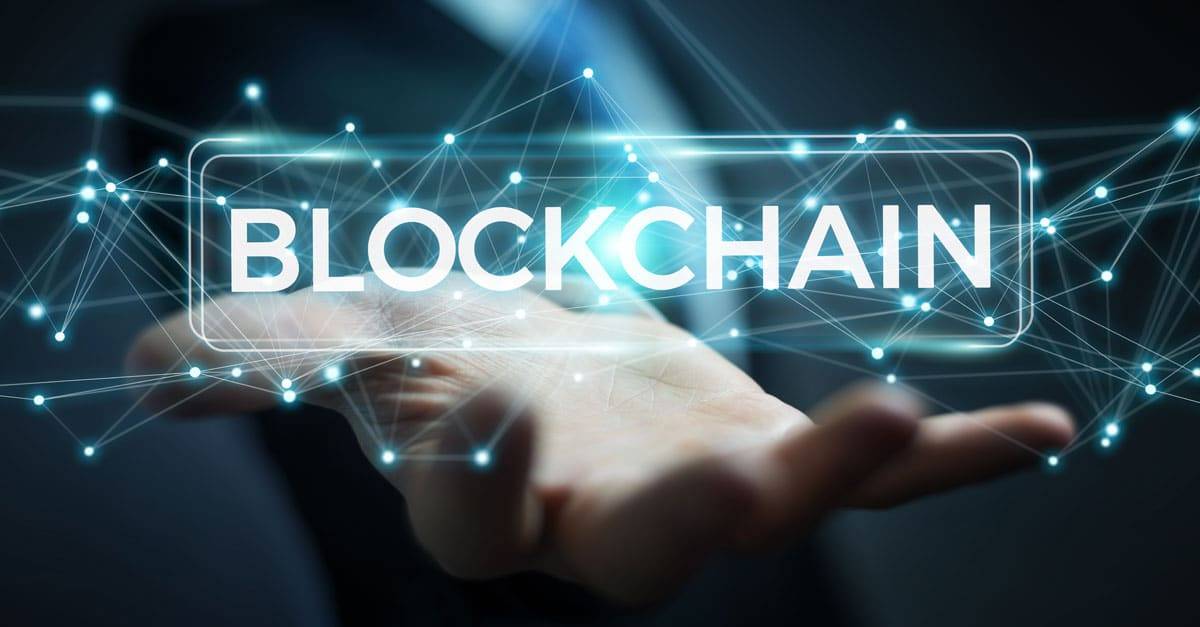The Paradigm Shift on The Rise?
Software and finance are merging, revolutionising the payments industry with the goal of instant, low-fee, global transactions. The growth of payment apps and open banking shows that this is within reach. Today, most people are prioritising digital finance, with 65% of Americans expected to use mobile banking by 2025, and Asia expected to have nearly 1 billion digital finance users by 2024. By 2022, mobile payments will reach $1.3 trillion. At the heart of this shift is the understanding that banking is now software-driven, with digital financial services providers partnering with banks and technology providers to improve the user experience.
The Solution to Infrastructure Limitations?
Despite the slick user interfaces of digital platforms, the existing banking infrastructure has limitations that make cross-border payments slow, costly, and error-prone due to the coordination of numerous intermediaries. Blockchain technology can address these issues, providing a more efficient and secure way to conduct financial transactions. Blockchain could significantly speed up international money transfers and reduce costs. By using tokenized assets on a blockchain network, many intermediaries can be bypassed, allowing for near-instantaneous settlements with reduced fees.
The Importance of Payments for Banks
Payments are vital to banks, both in terms of revenue and customer data. However, current payment systems are outdated, costly, slow, and have security issues. Cross-border payments can take days, incur fees of up to 10%, and involve complex interactions with money transfer operators and banks. Blockchain technology offers a solution by enabling trustless transactions without a central authority. This promises low-cost, near-instantaneous financial settlements.
The Benefits of Blockchain Payments
Blockchain payments offer faster cross-border settlements, fraud reduction, and reduced cost and complexity. Today’s financial institutions rely on multiple correspondent banks for cross-border transactions, resulting in uncertainty, outages, errors, and long settlement times. With fraud and cyberattacks on the rise, the decentralised nature of blockchain offers reduced fraud potential, real-time execution, transparency, and instant fraud analysis and prevention. The solution to the high complexity of fragmented payment networks lies in blockchain, which significantly reduces costs.
Your Wealth, Our Priority: Altoo's Consolidation Power, Secure Document Management, and Seamless Stakeholder Sharing for High Net Worth Individuals. Preview Platform.
Leaders of the Blockchain Revolution in Banking
Many banks and financial institutions are reaping the benefits of blockchain technology. Emirates NBD in Dubai used blockchain to combat check fraud with a QR code-based verification layer. China Construction Bank adopted a blockchain platform for cross-bank and cross-border small business loans, processing over $251 million in transactions. JB Bank implemented blockchain’s Open Keychain technology in its new app for easy login.
J.P. Morgan has one of the largest blockchain payment networks, with Royal Bank of Canada and Australia and New Zealand Banking Group as early members. Its Interbank Information Network uses blockchain to reduce the number of participants for compliance and data queries, minimising payment delays.









